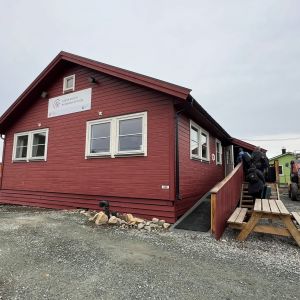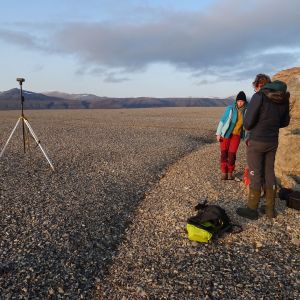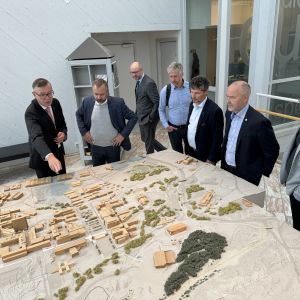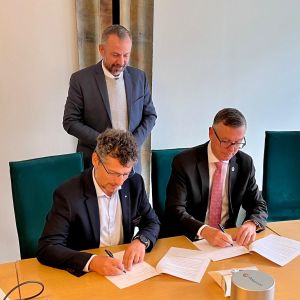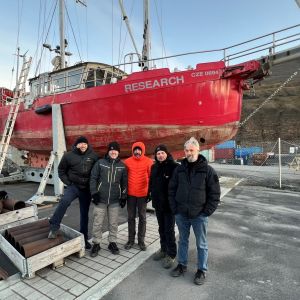The University of South Bohemia educates climate ambassadors. The Arctic research station in Spitsbergen has been used for this purpose for ten years.
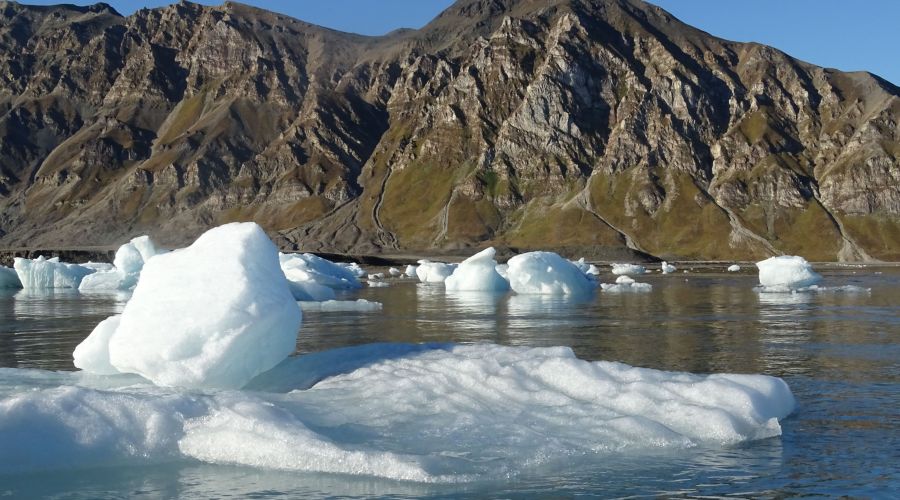
České Budějovice, 16 September 2024
University of South Bohemia educates climate ambassadors. The Arctic research station in Spitsbergen has been used for this purpose for ten years.
The extreme rains of the last few days, the summer heat, winters without snow, the behaviour of bark beetles in Czech forests - all of this is linked to climate change, which scientists at the University of South Bohemia's Arctic Research Station in Spitsbergen are studying under the best conditions. The Arctic is warming 4 times faster than the world average. 3000 km from the Czech Republic, key research is taking place, the results of which are of global significance.
Up to 100 Czech and foreign researchers rotate through the polar station each year. For more than 10 years, the site has offered scientists unique conditions for studying climate change and the Arctic ecosystem.
The USB Rector Pavel Kozák met with the Minister for Science, Research and Innovation Marek Ženíšek directly in Spitsbergen. They agreed on the key role of the Czech research station, which has already provided facilities for almost 600 Czech and foreign scientists. And given the urgency of the topic of warming, which cuts across most scientific disciplines, the role of research at the University of South Bohemia's polar station on Svalbard is also crucial for the future.
According to the Rector, the key role is played by the knowledge that scientists transfer to other areas of science and thus become so-called climate ambassadors. "I see the importance of our polar station in Svalbard in three important areas. The first is, of course, providing facilities for our scientists. Here they have the opportunity to gain truly original knowledge that they cannot get elsewhere. The second area is that our infrastructure provides facilities for experts from all over the world. But the most important area for me is the education of young scientists and experts. They visit our research station every year, they have the opportunity to be educated here, and I call them climate ambassadors. They take the message from the polar regions, where climate change is happening much faster than in our country, and they will be able to assess climate change in our regions in a broader context," adds USB Rector Pavel Kozák.
The Minister for Science, Research and Innovation Marek Ženíšek also gave an insight into the work of scientists in extreme conditions and supported the cooperation between the Czech and Norwegian sides in the future. "I am grateful for the opportunity to visit the Czech Research Station in Spitsbergen run by the University of South Bohemia. The Czech researchers at this station have a visible passion for the cause and I am glad that the station serves not only them but also the international community of scientists. I not only had the opportunity to visit the station itself, but I also saw the ship that the scientists use for their research. There is no doubt that this research in the fields of Arctic biology, geology and other sciences plays a major role today also in the context of climate change and its research, and the Czech Republic is there," commented the importance of the station to the Minister for Science, Research and Innovation Marek Ženíšek.
A concrete step towards expanding cooperation is the signing of a Memorandum of Understanding between the University of South Bohemia and the Norwegian Arctic University in Tromsø. This agreement should open the way for student exchange and further expansion of the partnership in the field of Arctic research.
